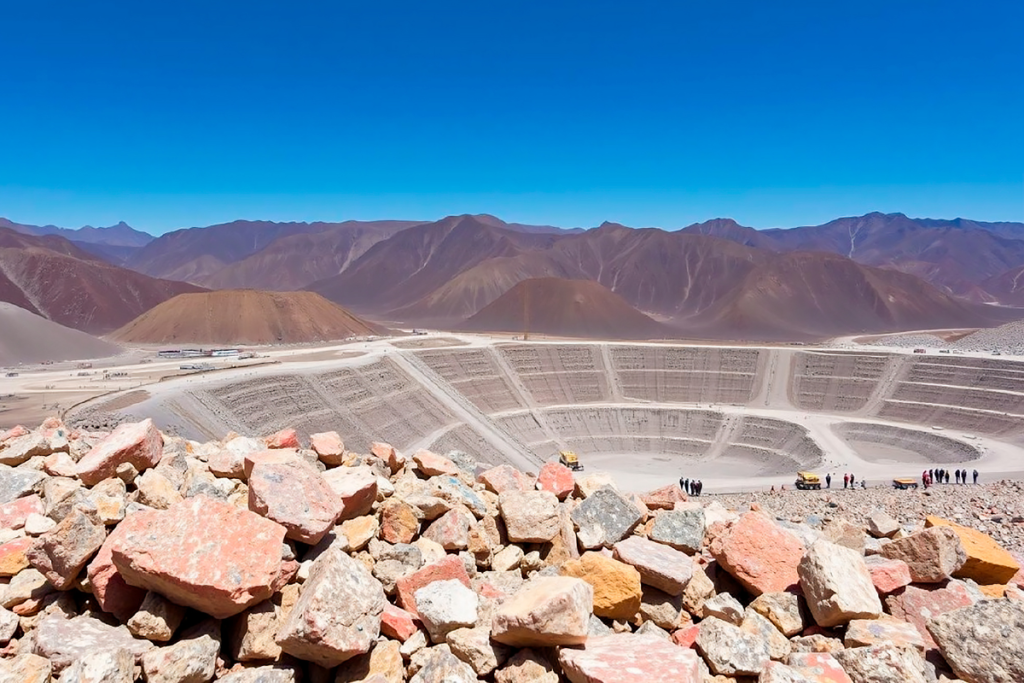Apple signed a $500 million deal with MP Materials to secure U.S.-made rare earth magnets and build a domestic recycling line. The move highlights rising pressure on tech firms to localize critical mineral supply chains amid global tensions.
Texas and California Anchor a Closed-Loop Magnet Ecosystem
Under the deal, Apple will purchase high-performance neodymium magnets from MP Materials’ Fort Worth facility, which opened in 2023 as the first U.S.-based integrated rare earth magnet manufacturing plant in decades. The magnets are used in key components across Apple’s product line, including iPhones, MacBooks, and wearables. Beyond procurement, the two companies will jointly develop a rare earth recycling operation in Mountain Pass, California, where MP operates the only rare earth mine and processing facility of scale in North America.
This California line will recycle magnet-grade materials from used electronics and post-industrial waste, forming a closed-loop supply of rare earths that supports Apple’s broader materials circularity goals. According to Apple, nearly all rare-earth magnets in its current products are already made from recycled materials, a milestone achieved through a five-year collaboration with MP on advanced recycling technologies. The recycling initiative will also support new training programs and create dozens of U.S.-based jobs.
Strategic Positioning in a Shifting Geopolitical Landscape
Apple’s rare earth deal is both a sustainability milestone and a risk hedge. The global rare earths market remains highly concentrated, with China controlling over 85% of magnet-grade rare earth processing capacity. U.S. tech and defense firms face rising urgency to localize critical mineral supply chains as trade tensions escalate and industrial policy tightens.
The deal comes amid broader momentum: in May, battery maker Clarios announced plans to invest up to $1 billion in a new domestic minerals processing facility, signaling wider industry alignment with the Biden and Trump administrations’ emphasis on reshoring critical supply chains. Apple’s investment supports its pledge to spend $500 billion in the U.S. over four years and reflects its strategy of vertical integration in key component areas, mirroring its past moves in chip design and battery materials.
A Strategic Hedge Against Materials Volatility
While the partnership with MP supports Apple’s environmental commitments, its deeper strategic function is resilience. As magnet-grade rare earths remain exposed to geopolitical chokepoints and price swings, Apple’s dual-track investment in U.S. manufacturing and closed-loop recycling positions it to control quality, supply continuity, and cost, all critical for scaling next-gen devices and wearables. As the minerals arms race accelerates, operational self-sufficiency is no longer a sustainability story, it’s a core business advantage.




